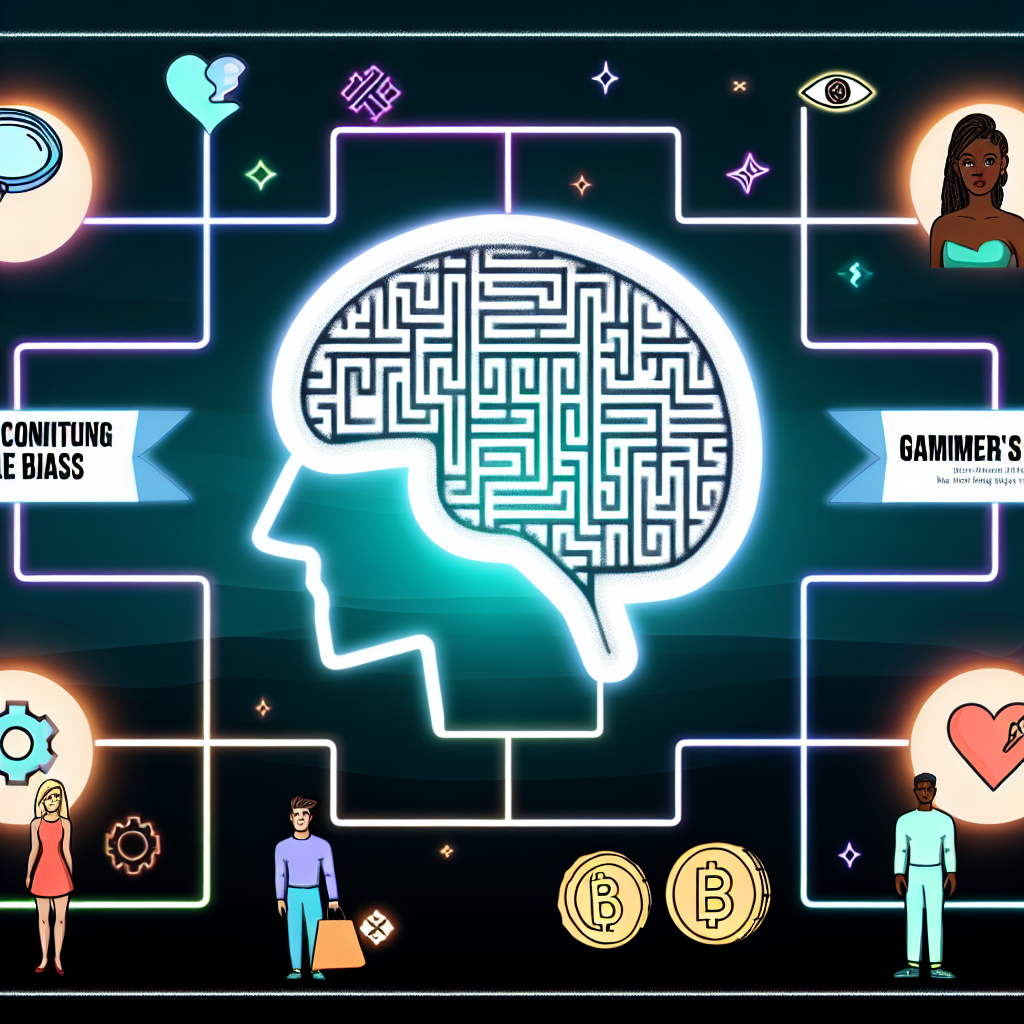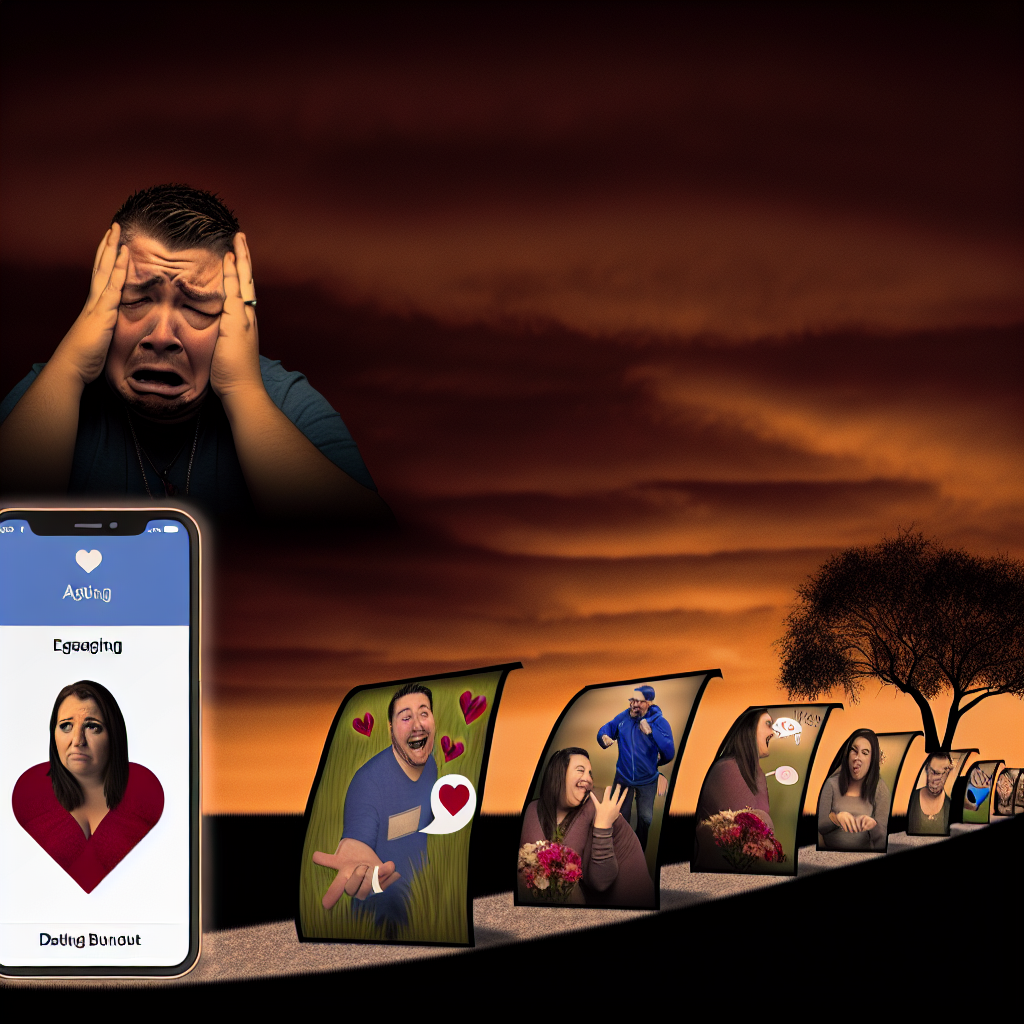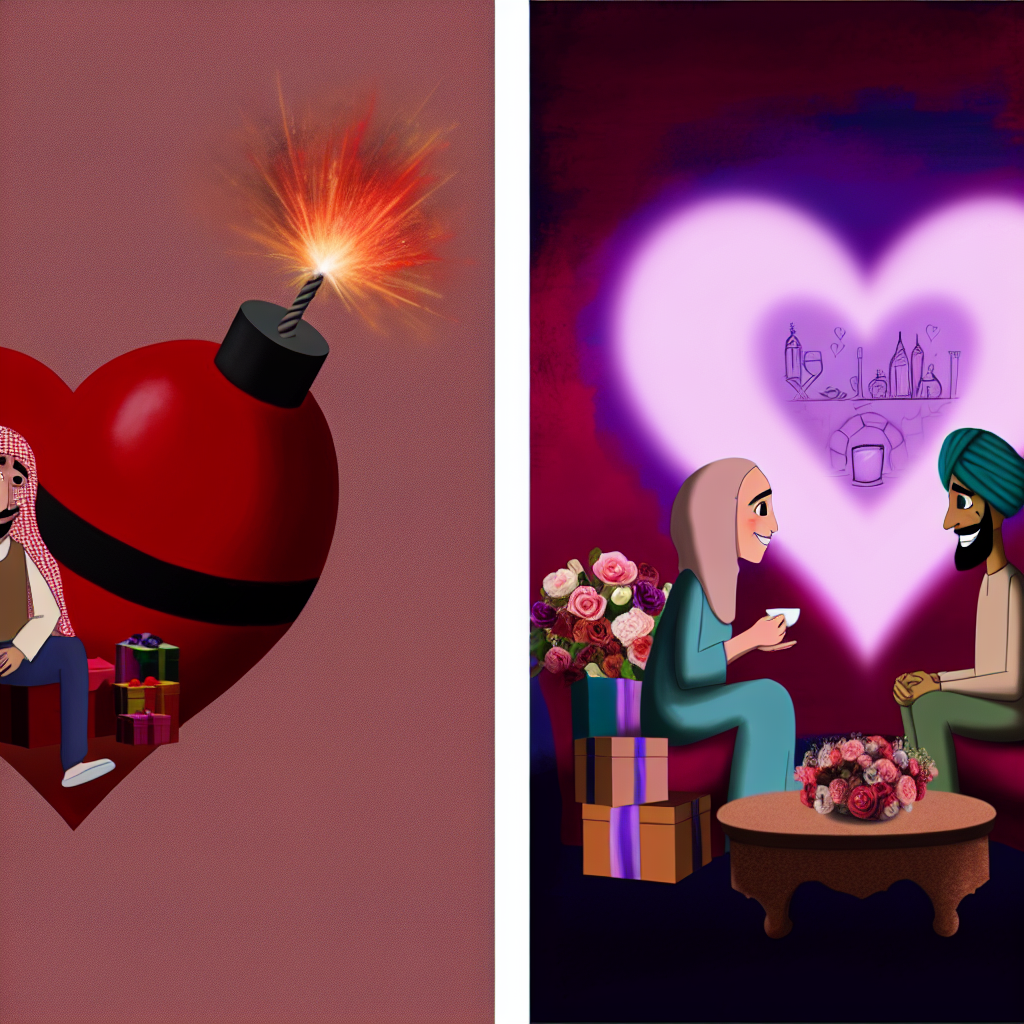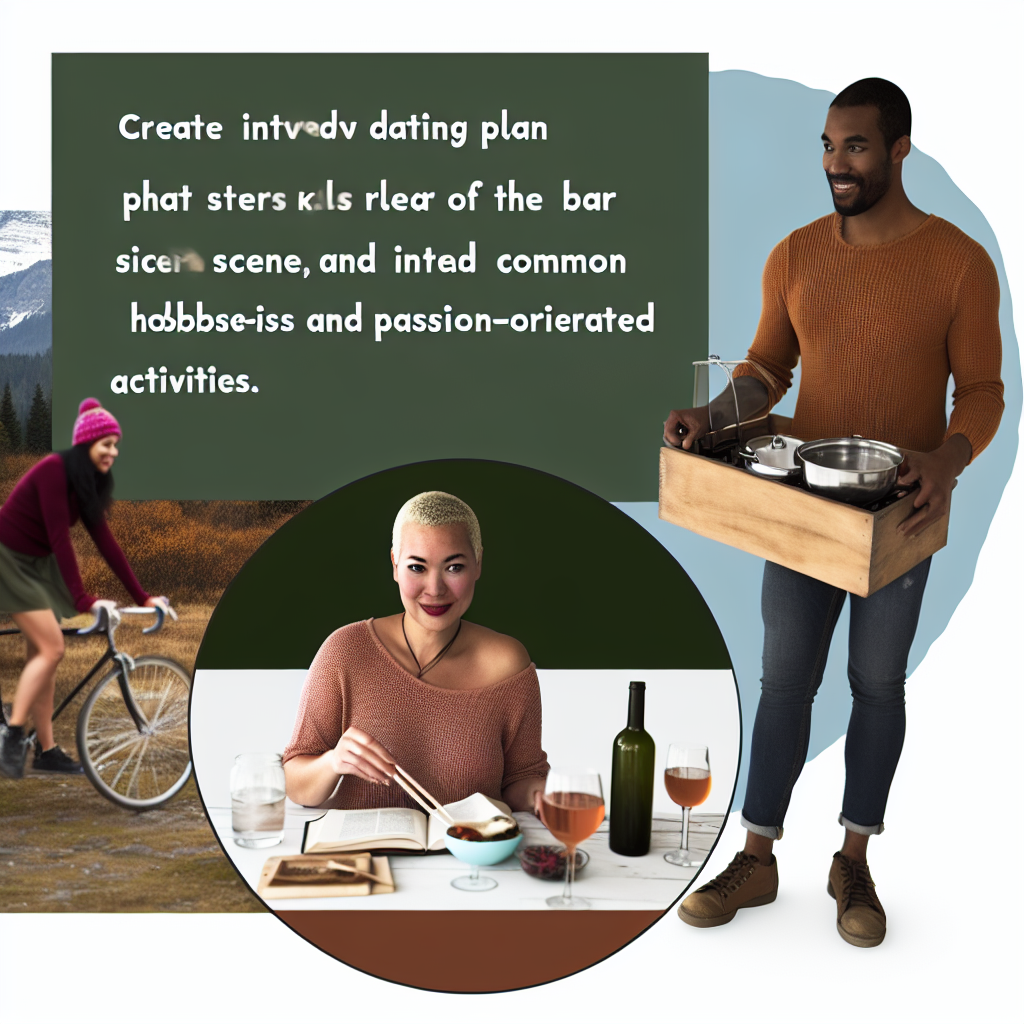Here is the blog post with the requested changes:
Cognitive Biases That Affect Who You Date and Why
Introduction to Hidden Forces Shaping Your Love Life
When it comes to dating, most people believe they are making rational and conscious choices about whom they connect with. You might think you’re selecting a partner based solely on compatibility, shared values, or physical attraction. However, psychology tells a different story. Underneath the surface, a myriad of unconscious mental shortcuts known as cognitive biases heavily influence dating decisions. These biases are systematic patterns of deviation from norm or rationality in judgment, meaning your brain often takes mental “shortcuts” that can lead to errors in thinking and decision-making.
Imagine swiping left or right on a dating app. You may think you’re being logical, but factors like the “halo effect” (where one positive quality influences the perception of their other traits) or “availability bias” (preferring what’s familiar or immediately available) may silently steer your choices. In a dating landscape that stretches across all ages—from young adults exploring first loves to seniors seeking meaningful companionship—these cognitive biases remain consistently powerful.
Understanding how cognitive biases impact your dating life can bring awareness and empowerment. By recognizing these subtle forces, daters from their twenties to their eighties can make more mindful, intentional choices in their romantic lives. Whether you’re actively seeking love through dating apps, matchmaking services like HitchMe.com, or traditional face-to-face meeting, knowing the hidden forces at play could help you cultivate healthier relationships and avoid common pitfalls.
Moreover, the influence of cognitive biases extends beyond the initial selection phase. They affect how we perceive potential partners, how we decide whether to pursue a relationship, and even how we handle conflicts. If left unchecked, these subconscious filters could lead us to repeat negative dating patterns, overlooking compatible partners and favoring those who aren’t truly suitable.
Recognizing and adapting to these psychological tendencies can not only improve your dating choices but also deepen your understanding of how you form emotional connections. Let’s explore some of the key cognitive biases that frequently impact dating, backed by contemporary psychological research and professional insights.
Key Cognitive Biases That Influence Your Dating Decisions
1. The Halo Effect: Why Attractiveness Can Blind Your Judgment
First identified by psychologist Edward Thorndike in 1920, the halo effect is a bias where the perception of a single positive trait (such as physical attractiveness) influences the perception of a person’s other unrelated traits (like intelligence or kindness).
In dating, someone attractive might be assumed to have a more desirable personality overall. A meta-analysis published in the “Personality and Social Psychology Bulletin” confirms that appearance often skews perceptions of other important qualities, which isn’t always accurate.
2. Confirmation Bias: How Your Expectations Shape Your Love Story
Confirmation bias—the tendency to search for, interpret, and remember information that confirms one’s preconceptions—pervades dating heavily. If you believe a date is “the one,” you might overlook red flags and only focus on the positives.
According to a study in the “Journal of Social and Personal Relationships,” this bias can lead individuals to stay in unhealthy relationships because they selectively recall moments that support their initial hopeful impressions.
3. Availability Heuristic: Why Convenience Sometimes Beats Compatibility
The availability heuristic refers to making decisions based on information that is most immediately available to us. In dating, this often means choosing partners within our social proximity or comfort zones rather than seeking compatibility.
Behavioral psychologists Amos Tversky and Daniel Kahneman‘s seminal work demonstrated that people overestimate the importance of information readily available, largely ignoring unknown opportunities.
Learn more about their research
4. Mere Exposure Effect: How Familiarity Breeds Affection
Research by Robert Zajonc in the 1960s showed that the more we are exposed to something, the more we tend to like it—a phenomenon known as the mere exposure effect.
Applied to dating, spending more time around someone, even if initial attraction isn’t strong, can gradually increase feelings of affection and desire. This concept is backed by findings in multiple studies exploring proximity and relationship likelihood.
5. Loss Aversion: Why Fear of Being Alone Keeps You Stuck
Identified by Daniel Kahneman and Amos Tversky, loss aversion describes the idea that we fear losses more than we value gains. In dating, this can materialize as staying in bad relationships because the idea of losing the relationship feels more devastating than the potential joy of finding someone better suited.
Understanding this powerful bias can encourage you to make choices that prioritize long-term happiness over short-term fear.
Conclusion: Build Healthier Relationships Through Awareness
In the ever-evolving world of dating, awareness of cognitive biases can be a game-changer. By understanding how mental shortcuts like the halo effect, confirmation bias, and the mere exposure effect subtly influence your choices, you can approach dating with greater clarity and self-awareness.
Whether you’re exploring love in your twenties or seeking companionship in your eighties, acknowledging these psychological factors can lead to healthier, more fulfilling relationships. By bringing these hidden influencers to light, you empower yourself to make more intentional, mature, and ultimately satisfying romantic decisions.
References
– Personality and Social Psychology Bulletin
– Journal of Social and Personal Relationships
– Thinking Fast and Slow: Stanford Encyclopedia Entry
– Mere Exposure Effect Study
Concise Summary (100 words):
Unbeknownst to most, a variety of cognitive biases heavily influence our dating decisions and relationship dynamics. From the halo effect to confirmation bias, these unconscious mental shortcuts can lead us to overlook compatibility, repeat unhealthy patterns, and settle for less than we deserve. By understanding these biases, daters can make more intentional choices, build healthier relationships, and develop deeper self-awareness around how they form emotional connections. Recognizing the hidden forces at play is the first step towards cultivating fulfilling, long-lasting love.
Suggested SEO Meta Title:
“Cognitive Biases Secretly Shaping Your Dating Choices (And How to Overcome Them)”
Suggested SEO Meta Description:
Discover the hidden cognitive biases that subconsciously influence your dating decisions, from the halo effect to confirmation bias. Learn how to build healthier relationships by recognizing these psychological tendencies.

Dominic E. is a passionate filmmaker navigating the exciting intersection of art and science. By day, he delves into the complexities of the human body as a full-time medical writer, meticulously translating intricate medical concepts into accessible and engaging narratives. By night, he explores the boundless realm of cinematic storytelling, crafting narratives that evoke emotion and challenge perspectives. Film Student and Full-time Medical Writer for ContentVendor.com




